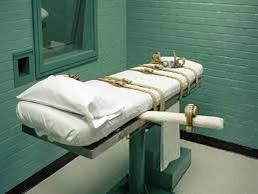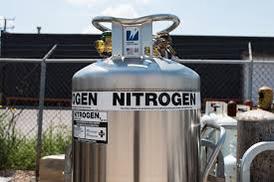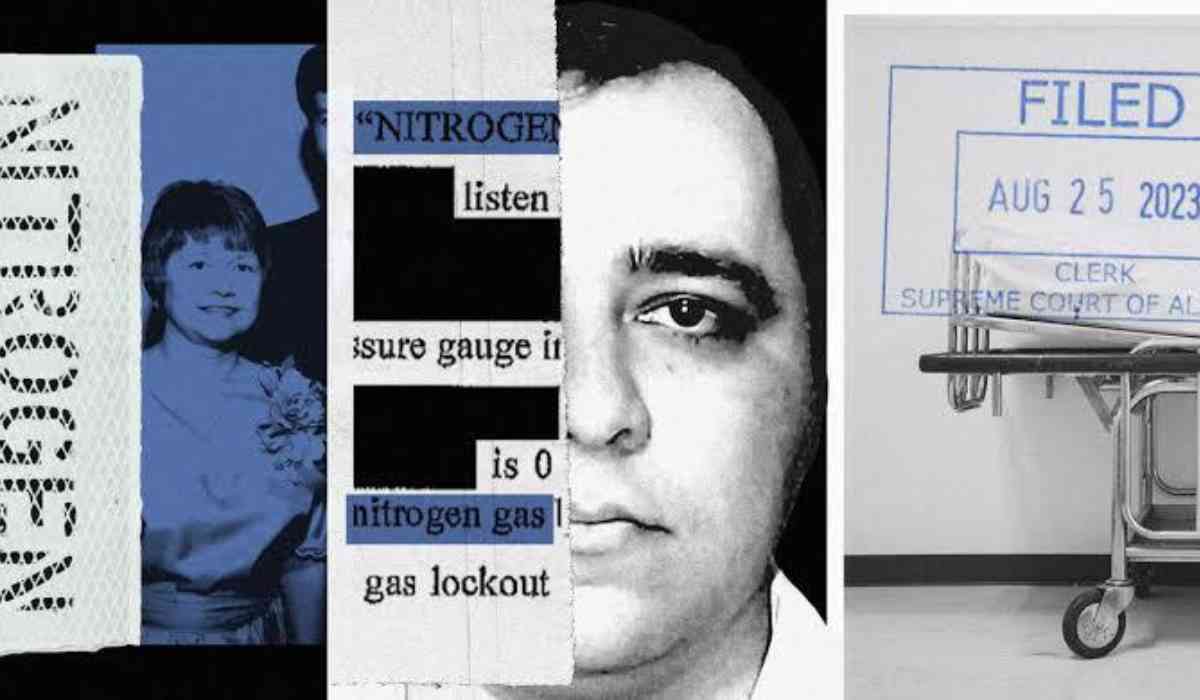On January 3, United Nations experts urged U.S. authorities to halt the scheduled execution of an inmate through nitrogen hypoxia, citing concerns that the method might expose him to "cruel, inhuman, or degrading treatment or even torture."
Kenneth Smith, who was convicted for a murder-for-hire offense in 1988, is slated for execution in Alabama on January 25. The proposed method involves depriving him of oxygen using a face mask connected to a nitrogen cylinder.
At 58 years old, Smith is among just two individuals in the U.S. who survived an execution attempt. Alabama's mishandled lethal injection in November 2022, marked by failed attempts to insert an intravenous line, led to this unique circumstance.

The UN Special Rapporteurs expressed concern about the inaugural use of nitrogen hypoxia execution, stating that it may lead to ‘grave suffering’ and potentially violate the prohibition on torture and cruel, inhuman, or degrading punishment.
Expressing concern, the statement from the United Nations highlights worries that nitrogen hypoxia could lead to a death marked by pain and humiliation.
Smith's lawyer argue that the untried gassing procedure could breach the US Constitution's prohibition of "cruel and unusual punishments," contending that a subsequent attempt to execute him using any method would be unconstitutional.

In the U.S., most executions involve lethal doses of barbiturates, but certain states face challenges in obtaining these drugs due to a European Union law prohibiting pharmaceutical companies from selling drugs for use in executions to prisons.
©️ Copyright 2023. All Rights Reserved Powered by Vygr Media























